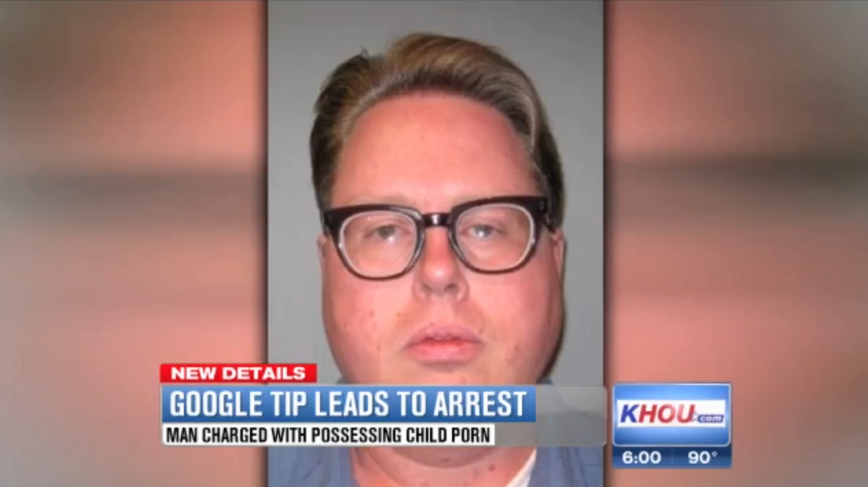Scan mail. Has Google gone too far?
In Houston, a man was arrested after Google contacted the National Center for Searching for Missing and Exploited Children, and reported that the man had kept candid photos of the child in his email. As it turned out, this person was previously convicted of sexual harassment of a child in 1994.

“He kept the photos in his email. I would never have found out about them if it were not for Google, ”says Detective David Krapiva of the Houston unit for combating crimes against children in the city of Houston in an interview with Channel 11 . As soon as Google contacted the National Center for the Search for Missing and Exploited Children, the center warned the police about this. Law enforcement officers used this information and received a search warrant. The information found on other devices of the suspect showed even more suspicious photos and text messages. The police arrested him, and the court ordered to keep him in custody with the possibility of release on bail of $ 200,000.
On the one hand, what questions can there be at all? You can really be grateful to Google for preventing such kind of crimes or searching for scoundrels who have already committed them. Most adequate people will welcome email scanning to look for this kind of criminals. But on the other hand, the question “Can users rely on some level of privacy using Google's email services?” Is a logical answer: “Absolutely not.” What actually confirmed the trial a year earlier, the case against Google for scanning email failed. Then Google adjusted the terms of use and added the following text there: " Our systems automatically analyze your content (including emails) to provide information useful to you ."
Google has been struggling with child sexual abuse since 2006, it goes without saying that in this case, the company will use its capabilities and scan the content. Google never spoke directly about this, but Jacqueline Fuller (Google Giving director) said more than enough in the official Google blog : “ We are in a business that generates information and tries to make it available to the widest possible circle of people, but there is a certain“ information ” that should never be created or found. We have plenty of opportunities to be sure that such content will not be available on the network, and people who share this information will be detained and punished . ”
')
At the moment, Google is obliged to report on child pornography when it finds it, in accordance with federal laws and laws of other states. According to Chris Jay Hufnegl, a lawyer and director of privacy programs in Berkeley, the whole snag is “when he finds it.” In other words, they are not obliged to look for anything, but only to report when they find, for example, by chance. Google, without any doubt, is doing absolutely right that it is fighting such terrible crimes. But is Google limiting itself to finding just such information? Clearly not. And then there are insiders for stock trading, and compromising politicians, and a lot of interesting things, there will be more abruptly than any Wikileaks. If you want to keep something completely private, keep it offline.
Source: https://habr.com/ru/post/232359/
All Articles